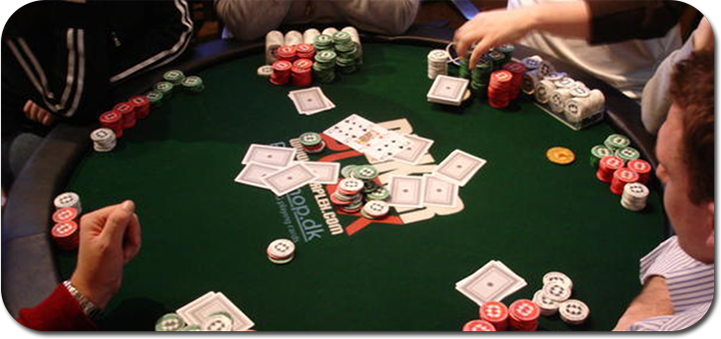
Maryland Governor, Larry Hogan, signed on Thursday the poker home game bill. This new law would allow people to host and play poker games inside of their homes, and even go as far as to say that they are allowed to legally gamble. There are certain restrictions that come with the law, as it will be limited to Mahjong or a card game, so that would rule out other casino games. This is still a big step forward, as it is getting a lot of public recognition.
Legal Home Mahjong and Poker Games
The House Bill 127 is the specific law that was signed on Thursday and with it a lot of happy players from around the state of Maryland. It appears to have been a very popular bill, as it passed unanimously, without a single House or Senate member voting against it. With the bill comes several freedoms for the players, but there are also restrictions set in place to keep it under control.
- A home game involving wagering is limited to Mahjong or a card game; i.e. poker.
- Games cannot be held more than once a week.
- Cannot be advertised.
- Cannot involve wagering of more than $1,000 in a 24-hour period.
- Cannot involve the “use of an electronic device that connects to the Internet.”
The added benefit of this new law is that it gets rid of the old law where anyone caught gambling in their home would get up to one year in jail and a $1,000 fine, regardless of how much was used to bet.
Potential Problems and Solutions
Seeing as how this will allow people to play poker in their homes, and gamble with at least $1,000, this opened up several potential problems, especially with the concern of underground casinos. This is why, Senate Del. Kirill Reznik, one of the main sponsors of the bill stated,
“Authorities shouldn’t have to use limited resources to police people playing cards in their own homes. What is important is eliminating the possibility that police can come and bust a game. Once we eliminate that possibility, I hate to say it, but you can have any amount of money on the table.”
This is why they added specific sections in the bill that would help prevent this:
- Players cannot benefit financially in any way, directly or indirectly, other than from the winnings accrued by participating as a player in the game.
- Players must share a pre-existing social relationship.
This way, people still get to play poker in their homes, without having to worry about the police busting down their door, and getting a punishment that doesn’t fit the crime.
